Loading amazing content...
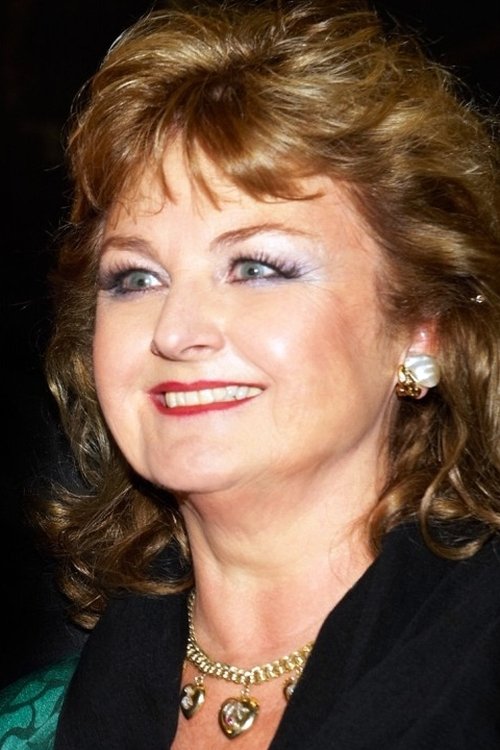
Personal Info
Known For
Acting
Birthday
December 23, 1946
Died
October 18, 2021
Place of Birth
Bratislava, Czechoslovakia [now Slovakia]
Also Known As
- Edita Gruberová
Edita Gruberova
Biography
Edita Gruberová (23 December 1946 – 18 October 2021) was a Slovak coloratura soprano. She made her stage debut in Bratislava in 1968 as Rosina in Rossini's Il barbiere di Siviglia, and successfully auditioned at the Vienna State Opera the following year, which became her base. She received international recognition for roles such as Mozart's Queen of the Night in Die Zauberflöte and Zerbinetta in Ariadne auf Naxos by Richard Strauss. In her later career, she explored heavier roles in the Italian bel canto repertoire, such as the title role in Donizetti's Lucia di Lammermoor, and Elvira in Bellini's I puritani. In 2019, she portrayed Elisabetta in Donizetti's Roberto Devereux, who leaves her throne, concluding a stage career performing leading roles over 51 years. She is remembered as the "Slowakische Nachtigall" (Slovak Nightingale), and as prima donna assoluta. Edita Gruberová was born on 23 December 1946 in Rača, Bratislava, to a German father and a Hungarian mother. As an anti-communist, her father survived a five-year prison sentence for treason. Her father drank and she developed a close relationship with her mother. She sang in a school choir and in the children's choir of the broadcaster. The pastor of the parish where she prepared for Confirmation accompanied her when she sang solos at church, and prepared her in piano playing to pass the exam to enter the conservatory. Gruberová began her musical studies at the Bratislava Conservatory (Konzervatórium v Bratislave), where she was a student of Mária Medvecká. She then continued at the Academy of Performing Arts in Bratislava (VŠMU). While studying there, she was a singer of the Lúčnica folk ensemble and appeared several times in the Slovak National Theatre. She would later study with Ruthilde Boesch in Vienna. In 1968, Gruberová made her operatic debut at the National Theatre in Bratislava as Rosina in Rossini's Il barbiere di Siviglia. After winning a singing competition in Toulouse, she was then engaged as a soloist of the opera ensemble of the J. G. Tajovský Theatre in Banská Bystrica, Slovakia, from 1968 to 1970. Among her roles was Eliza Doolittle in Loewe's musical My Fair Lady. Since communist Czechoslovakia was going through normalisation, during which the borders to non-communist countries were closed, Medvecká surreptitiously arranged for an audition for Gruberová at the Vienna State Opera in the summer of 1969. She was immediately engaged, and made her breakthrough the following year when she appeared as the Queen of the Night in Mozart's Die Zauberflöte. In 1971, Gruberová decided to emigrate to the West. She became a member of the Vienna State Opera in 1972, where she was only given secondary and supporting roles in her early years. She was invited to perform at many of the most important opera houses in the world, especially in coloratura roles. Gruberová made her debut at Glyndebourne in 1973 as the Queen of the Night. She became an Austrian citizen in 1974. ... Source: Article "Edita Gruberová" from Wikipedia in English, licensed under CC-BY-SA 3.0.
Known For
Self
Im Olymp der Kunst
2013
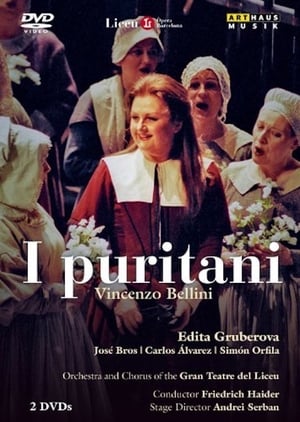
Lady Elvira Valton
I Puritani
2011
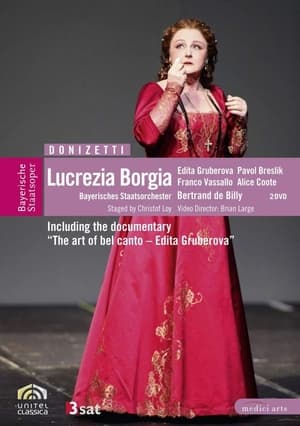
Donna Lucrezia Borgia
Lucrezia Borgia
2009

Self
The Art of Belcanto
2009
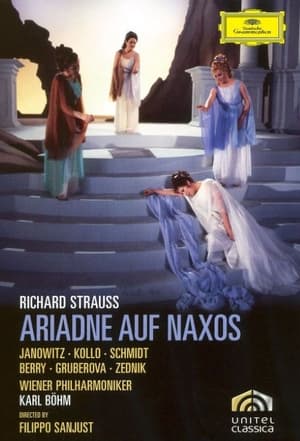
Zerbinetta
Strauss: Ariadne Auf Naxos
2007
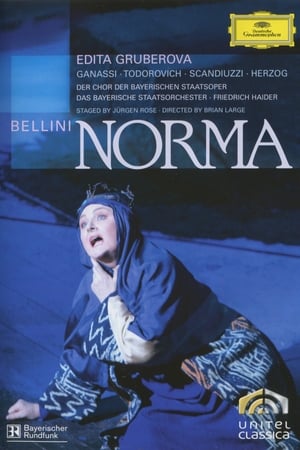
Norma
Norma
2007
Elisabetta, Queen of England
Roberto Devereux
2005
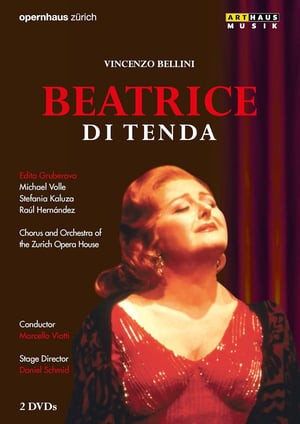
Beatrice di Tenda
Beatrice di Tenda
2002
Self
Alpha Forum
1998
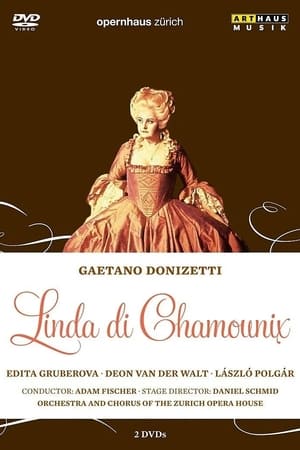
Linda
Linda di Chamounix
1996
Credits
Im Olymp der Kunst
as Self

I Puritani
as Lady Elvira Valton

Lucrezia Borgia
as Donna Lucrezia Borgia

The Art of Belcanto
as Self

Strauss: Ariadne Auf Naxos
as Zerbinetta

Norma
as Norma
Roberto Devereux
as Elisabetta, Queen of England

Beatrice di Tenda
as Beatrice di Tenda
Alpha Forum
as Self

Linda di Chamounix
as Linda

La Traviata
as Violetta

A Christmas Celebration: Send Round the Song
as Self - Singer

Verdi La Traviata
as Violetta

Così fan tutte
as Fiordiligi

Don Giovanni
as Donna Anna

Le monde est à vous
as Self

Manon Lescaut
as Manon

The Magic Flute
as Kõnigen der Nacht

The Magic Flute
as Königin der Nacht

Verdi: Rigoletto
as Gilda

Hänsel und Gretel
as Gretel

Strauss: Die Fledermaus
as Adele

Die Entführung aus dem Serail
as Konstanze